
Lung Transplant and Infections: What to Watch For
13 Oct, 2024
 Healthtrip
HealthtripReceiving a lung transplant is a life-changing event that can bring new hope and possibilities to individuals suffering from end-stage lung disease. However, as with any major surgery, there are risks involved, and one of the most critical concerns is the threat of infections. As a lung transplant recipient, it's essential to be aware of the signs and symptoms of infections and take proactive steps to prevent them. In this blog, we'll delve into the world of lung transplant and infections, exploring what to watch for, how to prevent them, and what to do if you suspect an infection.
Why Infections are a Concern After Lung Transplant
After a lung transplant, the body is more susceptible to infections due to the suppression of the immune system, which is necessary to prevent rejection of the new organ. This increased risk of infection is further compounded by the fact that lung transplant recipients often have underlying health conditions that can weaken their immune system. Additionally, the surgical site and the new lung itself can provide a conduit for bacteria and other pathogens to enter the body. As a result, it's crucial to be vigilant and monitor for any signs of infection.
Most popular procedures in India
Types of Infections to Watch For
There are several types of infections that lung transplant recipients should be aware of, including pneumonia, bronchitis, and surgical site infections. Pneumonia, an infection of the lungs, is a common complication after lung transplant and can be caused by bacteria, viruses, or fungi. Bronchitis, an inflammation of the bronchial tubes, can also occur, leading to coughing, wheezing, and shortness of breath. Surgical site infections, which occur at the site of the incision, can be particularly dangerous and may require prompt medical attention.
Wellness Treatments
Give yourself the time to relax
Lowest Prices Guaranteed!

Lowest Prices Guaranteed!
Signs and Symptoms of Infections
It's essential to recognize the signs and symptoms of infections early, as prompt treatment can significantly improve outcomes. Some common signs and symptoms of infections after lung transplant include fever, chills, coughing, chest pain, shortness of breath, and fatigue. If you experience any of these symptoms, it's crucial to contact your healthcare provider immediately. Other signs of infection may include increased mucus production, wheezing, or a change in the color or consistency of sputum.
Preventing Infections
Preventing infections is critical after lung transplant, and there are several steps you can take to reduce your risk. Practicing good hygiene, such as washing your hands frequently, avoiding close contact with people who are sick, and covering your mouth and nose when coughing or sneezing, can go a long way in preventing the spread of infection. Additionally, taking your medications as prescribed, including antibiotics and immunosuppressive drugs, is vital in preventing infection and rejection of the new lung.
What to Do If You Suspect an Infection
If you suspect an infection, it's crucial to contact your healthcare provider immediately. They will perform a thorough evaluation, including a physical exam, laboratory tests, and imaging studies, to determine the presence and severity of the infection. Treatment for infections after lung transplant typically involves antibiotics, antiviral, or antifungal medications, and in severe cases, hospitalization may be necessary.
The Importance of Follow-Up Care
Follow-up care is critical after lung transplant, and regular check-ups with your healthcare provider can help identify any potential issues before they become severe. During these appointments, your healthcare provider will monitor your lung function, check for signs of infection, and adjust your medications as needed. By staying vigilant and proactive, you can reduce your risk of infection and ensure a successful lung transplant outcome.
Conclusion
Receiving a lung transplant is a life-changing event that requires careful attention and monitoring to prevent infections. By understanding the risks, signs, and symptoms of infections, and taking proactive steps to prevent them, you can reduce your risk of complications and ensure a successful outcome. Remember, it's essential to stay vigilant, follow your healthcare provider's instructions, and seek medical attention promptly if you suspect an infection. With the right knowledge and care, you can thrive after lung transplant and enjoy a healthier, happier life.
Most popular wellness packages
Related Blogs
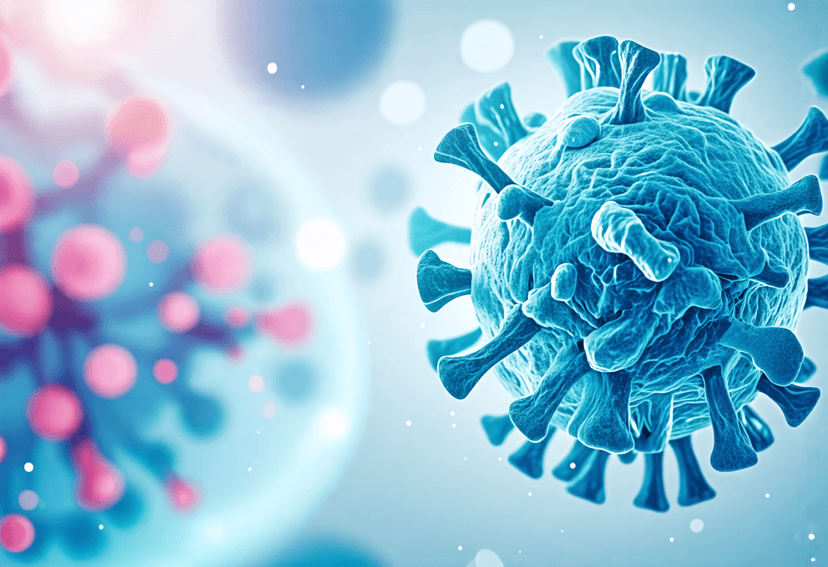
Chemotherapy and Infections
Understanding the risk of infections during chemotherapy
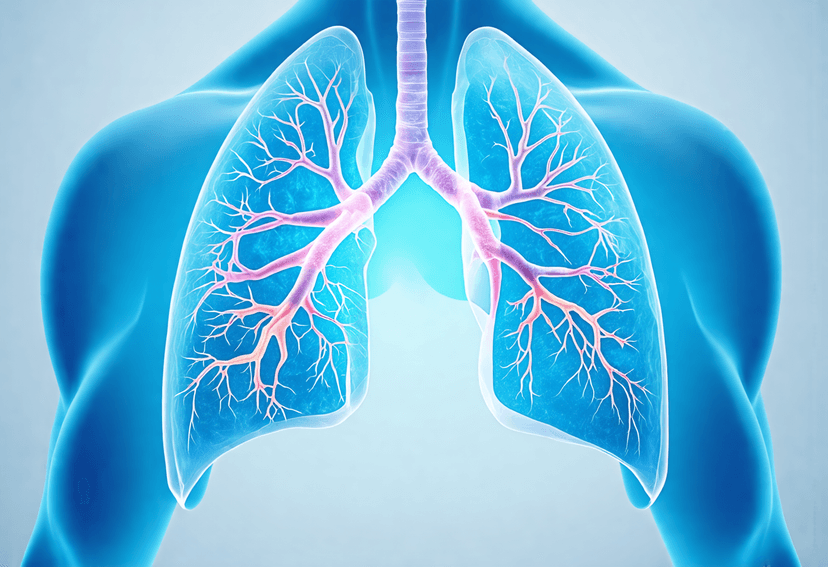
Lung Transplant and Osteoporosis: What to Know
Learn about the risk of osteoporosis after a lung transplant,
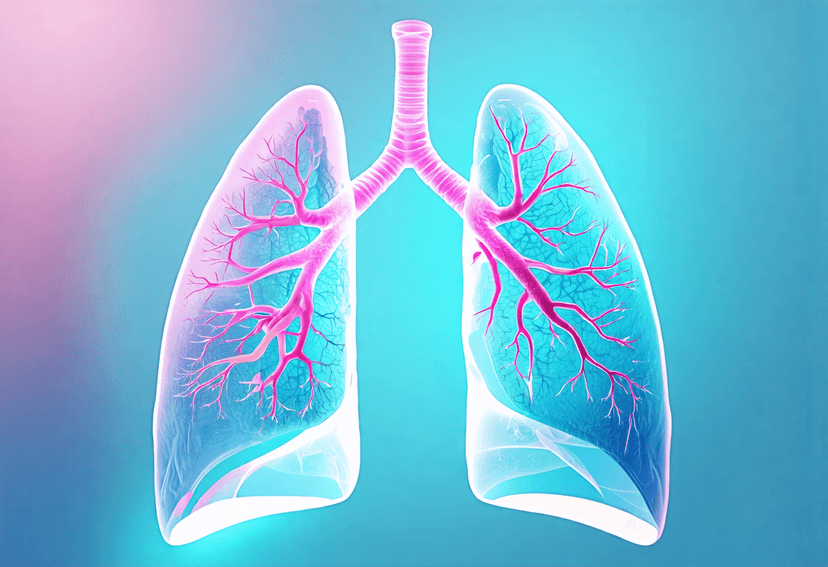
Lung Transplant and Menopause: What to Expect
Find out what to expect if you experience menopause after
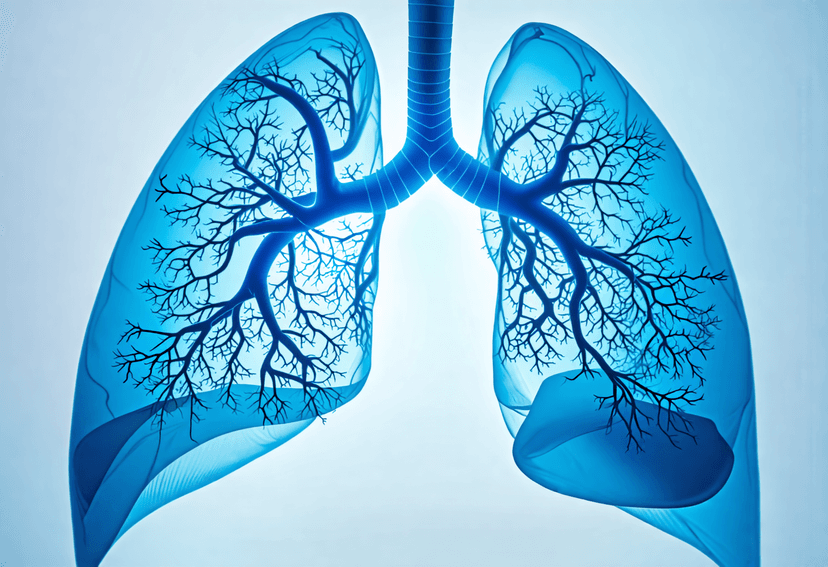
Lung Transplant and Fertility: What to Know
Understand the impact of lung transplant on fertility, including what
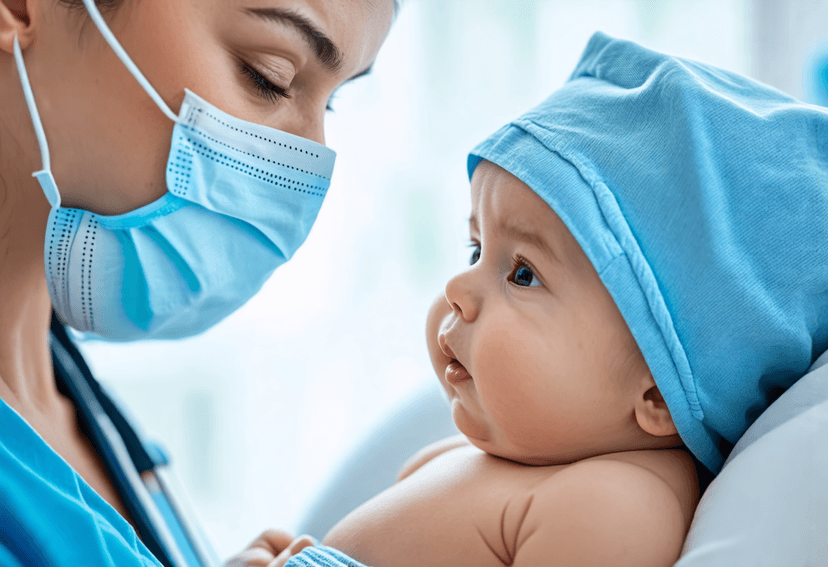
Lung Transplant and Breastfeeding: Is it Safe?
Learn about the safety of breastfeeding after a lung transplant,
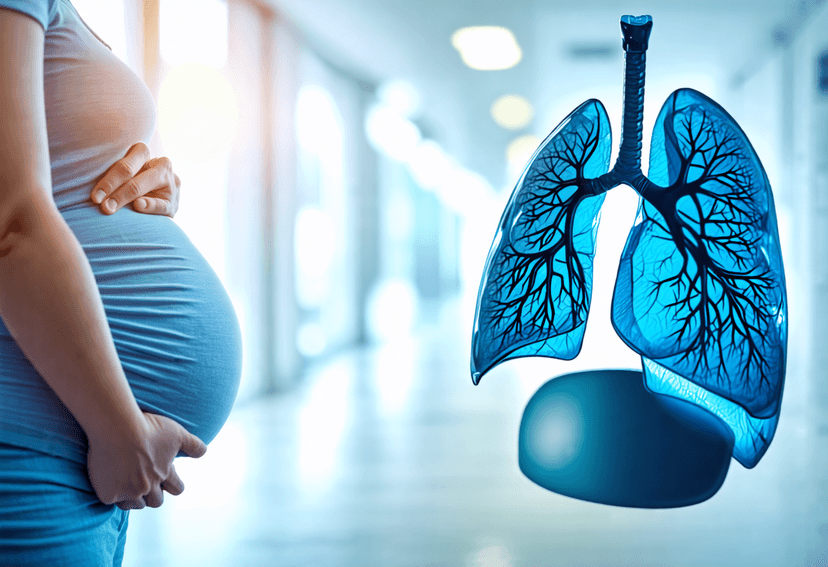
Lung Transplant and Pregnancy: What to Expect
Find out what to expect if you become pregnant after










